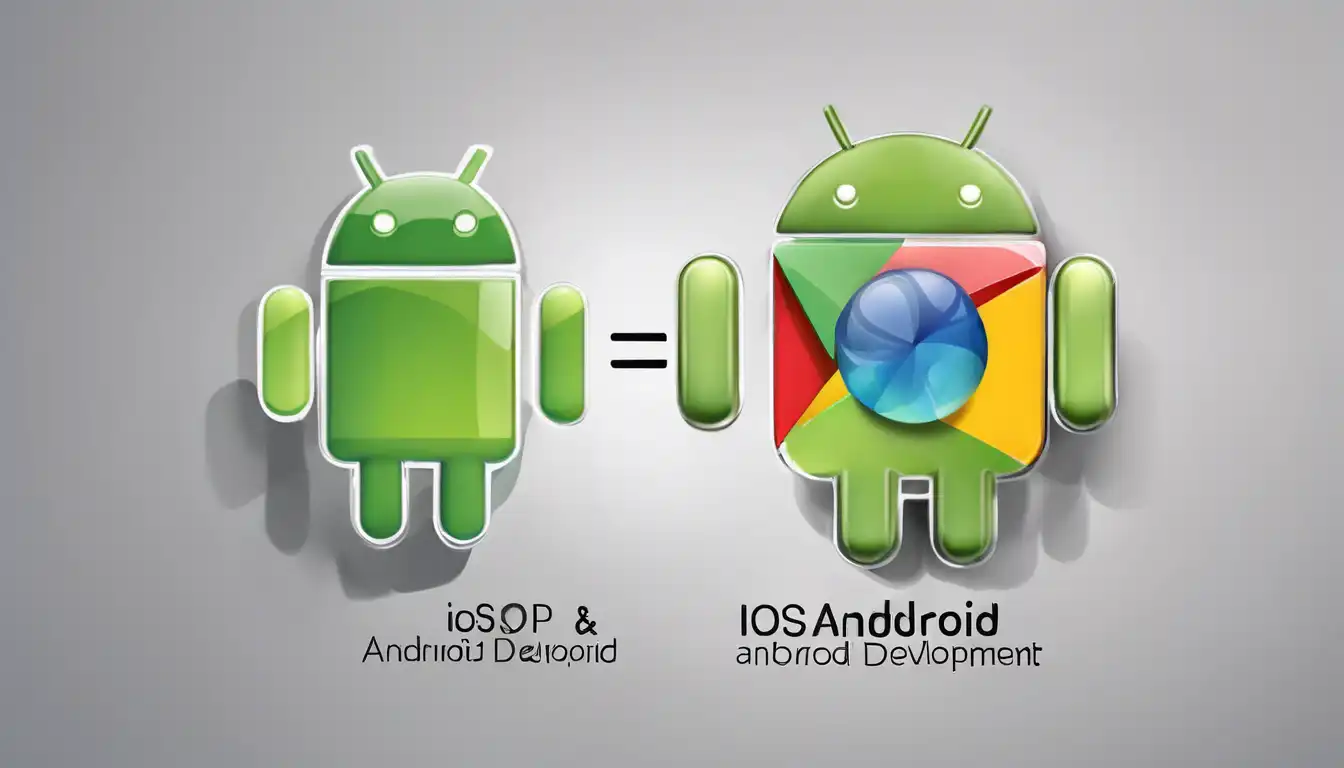Understanding the Core Differences Between iOS and Android Development
When it comes to mobile app development, two platforms dominate the market: iOS and Android. Each has its unique set of rules, tools, and audience preferences. Understanding these differences is crucial for developers and businesses alike to make informed decisions.
Development Languages
iOS apps are primarily developed using Swift or Objective-C, languages that are exclusive to Apple's ecosystem. On the other hand, Android apps are mostly written in Java or Kotlin, offering a different approach to app development.
Development Environments
Xcode is the integrated development environment (IDE) for iOS, providing a streamlined workflow for Apple devices. Android developers use Android Studio, which is tailored for creating apps that run on the Android operating system.
User Interface Design
iOS and Android have distinct design philosophies. iOS follows Apple's Human Interface Guidelines, emphasizing clarity and depth. Android adheres to Material Design principles, focusing on a more flexible and adaptive interface.
App Distribution
The App Store is known for its stringent review process, ensuring high-quality apps for iOS users. Google Play, while also maintaining quality standards, offers a more open platform for Android app distribution.
Market Share and Monetization
Android leads in global market share, offering a wider audience but with varying device specifications. iOS users tend to spend more on apps, making it a lucrative platform for monetization strategies.
Fragmentation vs. Uniformity
Android's open nature leads to fragmentation, with apps needing to support a wide range of devices and OS versions. iOS benefits from uniformity, with a limited number of devices and quicker adoption of the latest OS versions.
Conclusion
Choosing between iOS and Android development depends on various factors, including target audience, budget, and project requirements. Both platforms offer unique advantages and challenges, making it essential to weigh these differences carefully.
For more insights into mobile development, check out our articles on Mobile Development Trends and Effective App Design Strategies.
